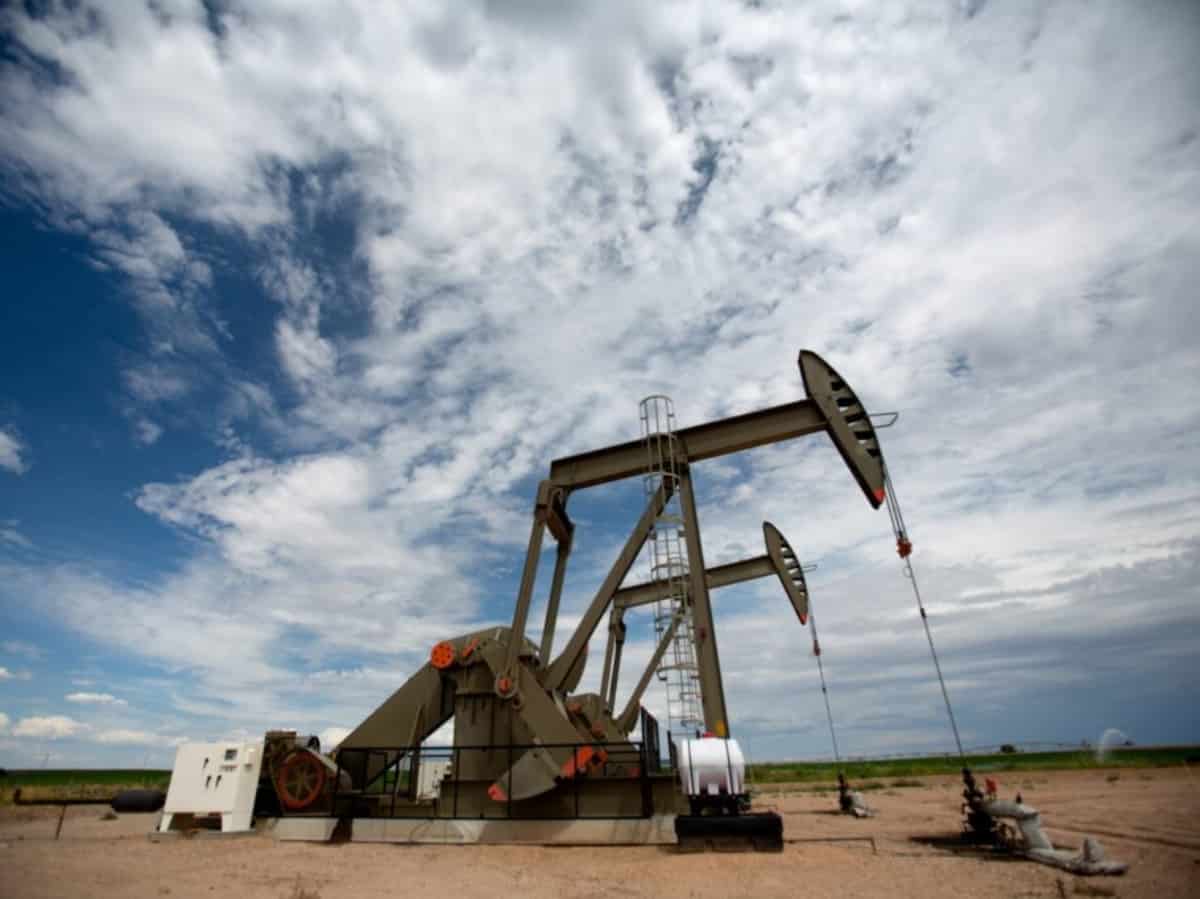Fracking has been an everyday economic activity in the United States for decades now. However, there have been serious discussions between proponents and opponents of the technique. This is especially in its impact on the environment. This leads to the question, is fracking bad for the environment?
To understand whether or not fracking is bad for the environment, we have to start with the basics.
What is Fracking?
Many people still struggle to understand what fracking is. However, everyone needs to understand the process, cause, and effect.
In short, fracking is a method of extracting oil and natural gas from underground through drilling.
Several countries use this technique to harvest oil and gas from their natural resources. However, fracking has been the center of environmental and political debates in the United States.
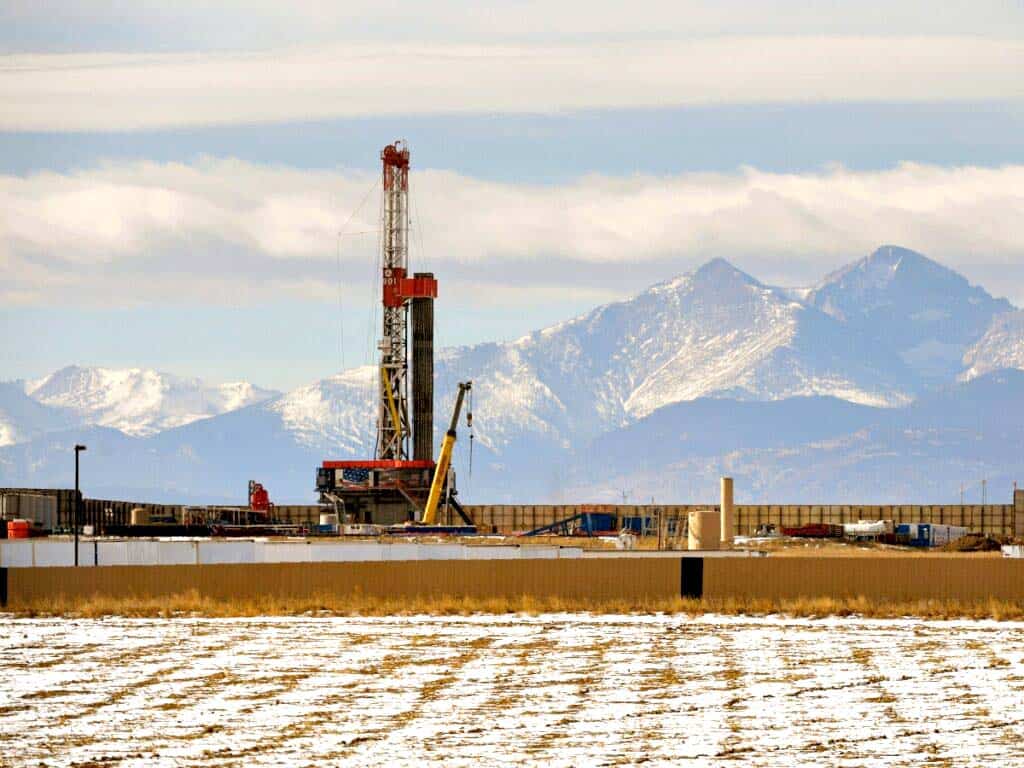
When was Fracking Introduced in the United States?
Is fracking bad for the environment? Before we can answer that, let’s talk history.
The history of fracking goes back to the 1860s. However, fracking began in the United States in 1947 in Kansas. During this time, experts used it to extract gas from limestone. According to the Independent Petroleum Association of America (IPAA), the US has experienced a fracking boom over the years and is part of the American success story. Primarily, this is because the practice has countered the high cost of imported oil products. It has also revamped the energy sector.
The main goal was to have continuous and easy access to affordable energy. We need this to enhance the country’s other economic activities. In addition, the idea was to make power available without relying on other countries.
A recent report from the U.S. Department of Energy shows approximately 276,000 natural gas wells in the country in 2000. By 2010, the number had increased to 510,000. According to the same report, operators drilled about 13,000 new wells annually. Further, at least 15.3 million Americans have lived within a mile of fracking wells prepared since 2000.
The activity has been profitable in many states of America, especially in Texas, Colorado, North Dakota, and New Mexico. The Great Lakes and Marcellus Shale regions which run from central New York into Ohio to the South of Virginia, are also known for fracking activities. Fracking became important to the economic activity in these regions. This is due to the rich existence of natural gas. This resource has helped lift the economy of the surrounding communities.
Is Fracking Bad for the Environment? The Effects Explained
Although communities have continuously earned a decent living from fracking, there are still significant environmental concerns. These claims are scientifically backed.
Here are some of the effects of fracking on the environment.
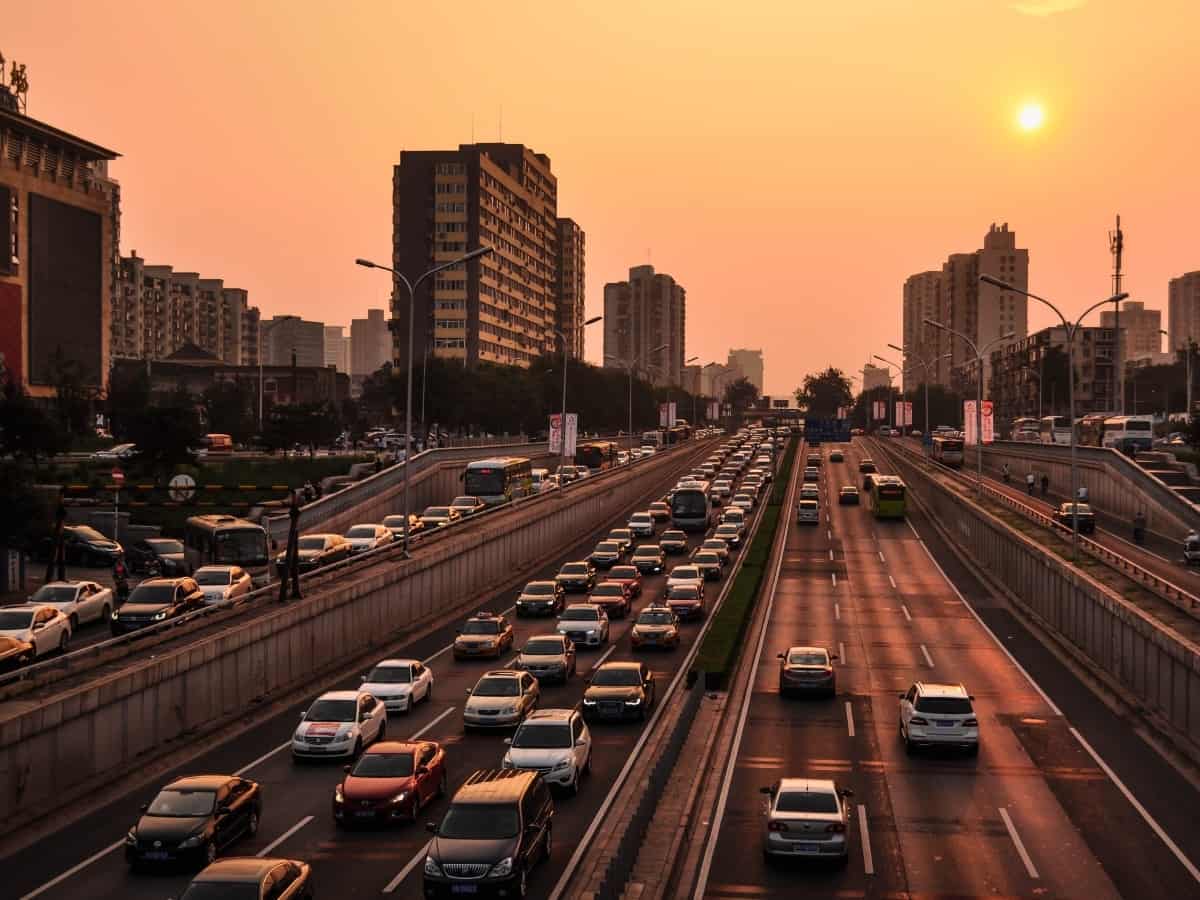
Air Pollution
Like other industrial operations, fracking industries have also been faulted for air pollution. One of the contaminants released during fracking activities includes methane. Methane gas causes the formation of ground-level ozone. This is a dangerous greenhouse gas and air pollutant. In addition, the high amount of gas reduces the amount of oxygen in the air, leaving human beings with little fresh air to breathe.
The trend can lead to various abnormalities, including irritation of the eyes, nausea, memory loss, mood changes, headache, facial flushing, throat irritation. Health problems are mainly common among people living near the extraction sites. The contaminants released in the air can also cause asthma and other respiratory problems. There is also the release of volatile organic compounds and nitrogen oxides, which form smog that reduces the amount of fresh oxygen.
Land Damage Through Earthquake
There have been contentious arguments about whether fracking has been one of the causes of earthquakes in the United States.
Despite all the supporting and opposing discussions on the matter, a section of experts found that contrast with reality. The reality is that hydraulic fracturing would not directly cause earthquakes, but the impacts of surrounding activities can. For example, the United States Geological Survey (USGS) report stated the recent increase in earthquakes in the United States resulted from the disposal of waste fluids, which are the by-products of oil extraction. The USGS said that more fluids injected underground during hydraulic fracturing induced earthquakes in the region. This data primarily talks about Oklahoma. The report indicated that 2% of the earthquakes in Oklahoma resulted from hydraulic fracturing activities.
The high seismicity rate in the region means there are still several earthquakes caused by hydraulic fracturing. Some could see this as being true due to the 2018 Texas earthquake. With a magnitude of 4.0 and was the most extensive caused by hydraulic fracturing.
At the beginning of 2009, there was an increase in seismicity in Oklahoma with a magnitude rate of above 3. The largest earthquake in Oklahoma was a magnitude 5.8 in 2016.
Most studies conducted in Oklahoma showed that most earthquakes in the area are caused by wastewater disposal. Wastewater disposal happens when fluids from gas or oil extraction are inserted deep underground below drinking water aquifers.
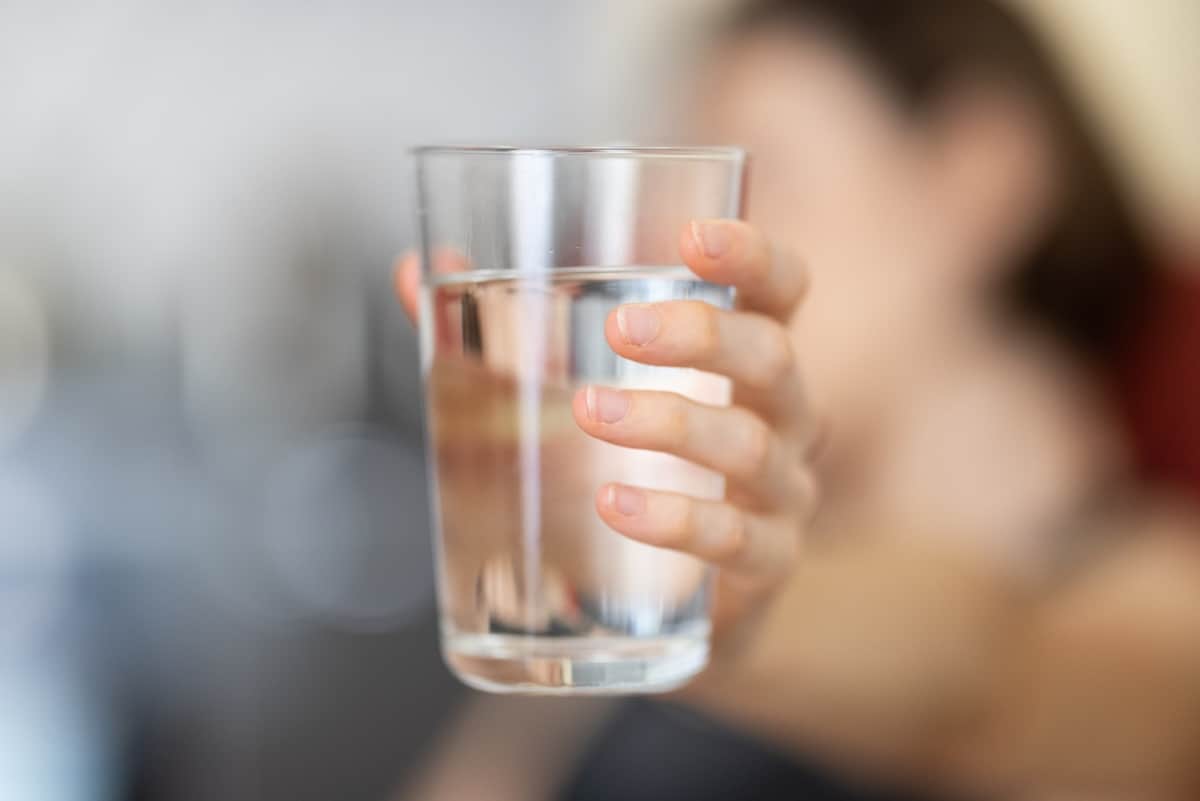
Fracking and Water Pollution
During fracking, extractors use more water to mix some toxic chemical compounds to make fracking fluid. The fluid is contaminated by radioactive elements and heavy metals naturally found in the shale. If operators do not manage the oil and gas wells properly, a large portion of the frack fluid will leak back to the surface. The leak can cause significant pollution in the surface waters such as rivers or lakes.
The frack fluid and gas leak can contaminate underground water and water supplies, posing a significant danger to human life. Some of the scenarios discovered include the following:
- Fracking is linked to the destruction of properties and contamination of drinking water in Colorado, Pennsylvania, Wyoming, and Ohio.
- A study conducted on 60 sites in Pennsylvania and New York found some evidence of methane contamination on drinking water. The water wells a mile from drilling were contaminated by methane 17 times more than those far away from gas extraction sites.
- The United States Environmental Protection Agency (EPA) also released a 121-page draft report in December 2011. This report shows contamination of drinking water wells near Pavillion and Wyoming towns.
- Years after contamination of their wells by nearby fracking sites, EPA took the initiative to supply water to Pennsylvania and Dimock residents.
- EPA reports documented 151 instances of spills of fracking fluids in 2015, and in 13 of those cases, the spills reached the surface of water supplies.
How Does This Tie Into the Safe Water Drinking Act?
Fracking fluids, including toluene and benzene, are exempt from federal law under the Safe Drinking Water Act. The worst thing is that the federal government has not imposed clear laws to compel the fracking companies to disclose the content of their fracking fluids. The disclosure would help determine the massive gallons of toxic fluids on the surface of drilling sites.
The consumption of large gallons of water to enhance the fracking process also reduces the availability of safe drinking water to residents living near fracking sites. Experts say that activity affects people living in areas with low water availability. When water is scarce at the fracking sites, operators direct and transport water from nearby sources, leading to a significant shortage.
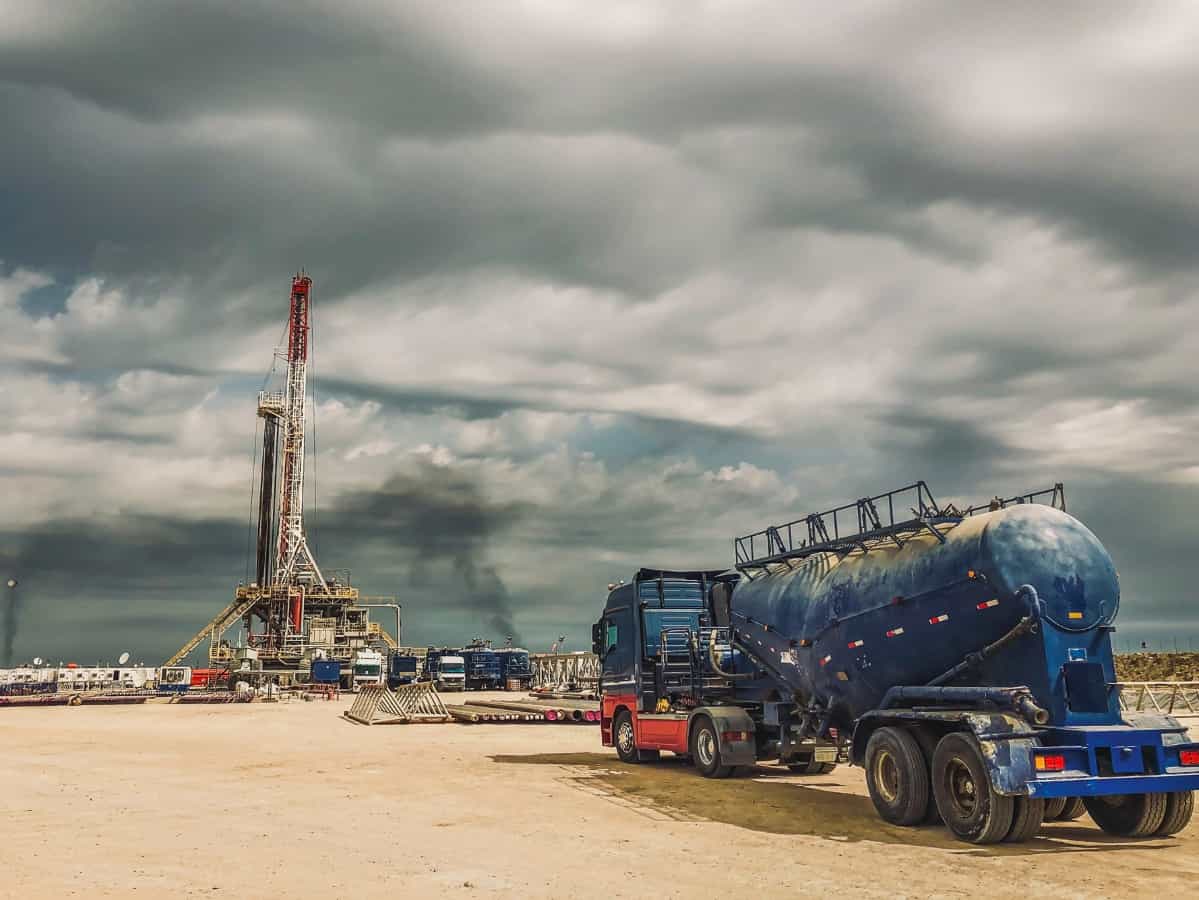
Are We Safe?
Although several studies have revealed that fracking was not safe in terms of air and water pollution and posed a great danger to human survival, proponents insist that the technique is a clean and secure way of harvesting oil and gas. They also add that the practice will serve American interests for decades. According to those who support fracking, the method created the best opportunity for new and massive oil and clean natural gas supplies from shale deposits. The aim is to improve the country’s energy security and increase the ability to generate electricity for many future generations.
According to the DOE’s National Energy Technology Laboratory, there is no evidence that chemicals from the hydraulic fracturing process polluted groundwater at one of Pennsylvania’s drilling sites. That is just one study out of the several studies that detected significant impacts of fracking on drinking water. As the back-and-forth arguments continue, residents have no choice but to be concerned about the quality of their home water. This is why many are consulting experts to help them make their water safe for drinking. Some of the methods offered today include water filtration. Before engaging the experts, do some background research about them, and ensure the one you choose will satisfy your needs.
How ONIT Home Can Help!
So, is fracking bad for the environment? Yes, and it’s harming your water too. The best way to ensure water safety in your home is to install water filtration systems. For more information about home water services, visit us online or give us a call at 1-833-433-0331. We’re here to make your household and family happier with healthy water solutions!



